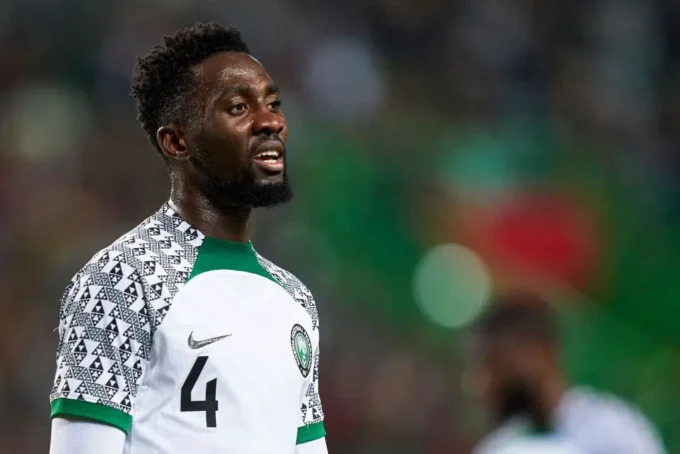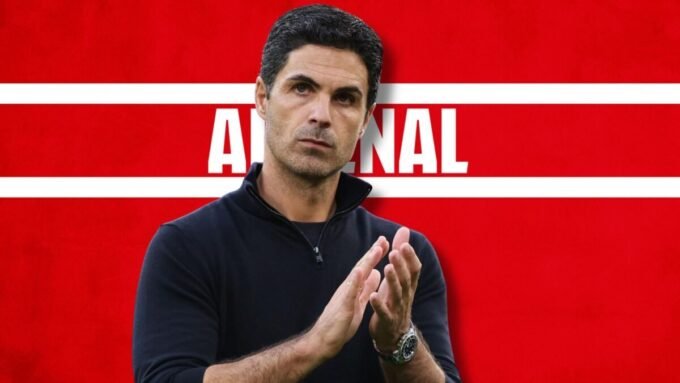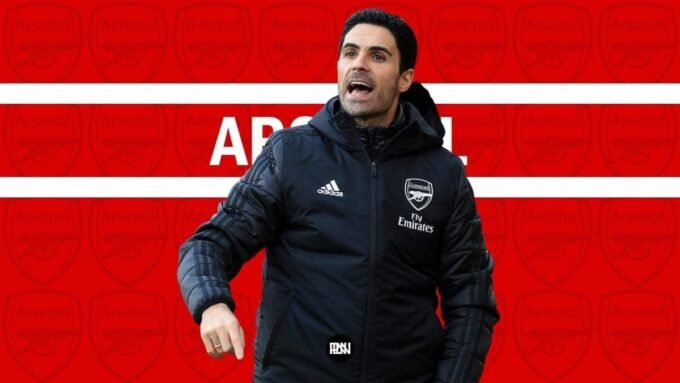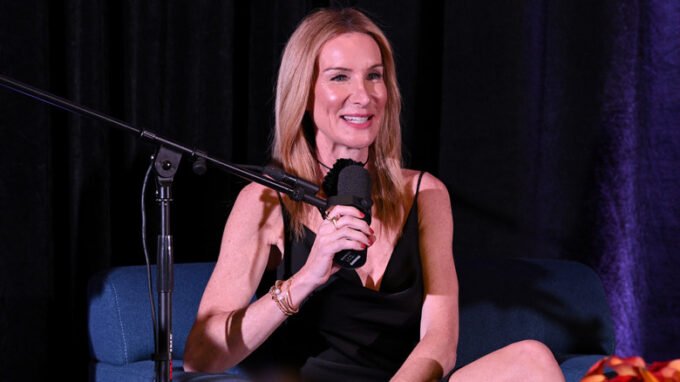Some political dynasties have toppled in Metro Vancouver as most results for municipal elections are confirmed across British Columbia — the country’s first municipal elections of the year.
An incredibly tight race in Vancouver saw independent centre-left candidate Kennedy Stewart wins with less than 1,000 votes, while the city’s leading party, Vision, was completely knocked out of the game.
In the rest of Metro Vancouver, incumbents lost in Surrey, the region’s second-largest city, and in Burnaby, the epicentre of Canada’s battle for and against the Trans Mountain pipeline.
This is the first province-wide municipal vote since new campaign finance rules that limit corporate and union donations were implemented last fall.
It’s also an election that has prompted big change in more than a dozen Metro Vancouver cities, where long-term mayors did not seek re-election.
Elections issues have been dominated by themes related to rapid growth, a housing crisis, ongoing gang conflict and transportation woes.
- METRO MATTERS
10 mayoral campaigns to watch in Metro Vancouver as election race enters final days

Voters went to the polls from 8 a.m. to 8 p.m. PT on Saturday. (Tina Lovgreen/CBC)
Change for Vancouver
It was a tight race in Vancouver between centre-left independent mayoral candidate Kennedy Stewart and right-leaning Non-Partisan Association candidate Ken Sim.
Stewart won by only 984 votes. Council candidates are split between the NPA, Green and newly-formed OneCity parties.
Current Mayor Gregor Robertson was one of the first to announce he would no longer be in the seat he has held for a decade.
Robertson says he has no regrets as he leaves behind a prosperous city with an extensive cycling network. He also passes along a housing crisis, which affects municipalities across the province, that has been a big issue in the election.
Robertson’s municipal party, Vision Vancouver, chose not to run a mayoral candidate after the one they had chosen, Ian Campbell, stepped down four days before nominations closed.
None of the party’s council candidates were elected.
Unlike most large cities in Canada, Vancouver doesn’t have a ward system. Instead, politicians form parties that run candidates on council, the school board and park board. Montreal also has municipal political parties.
So far, none of the Vision candidates running for council are in the lead for one of the 10 seats.

From left to right: Wai Young, Shauna Sylvester, Kennedy Stewart, Ken Sim and Hector Bremner are some of the mayoral candidates running in Vancouver.
The vacuum left behind after Robertson’s decision not to run ushered in a flood of candidates aligned with nine civic political parties, some of them splinter groups from more established parties, and several candidates who ran as independents.
There were 158 candidates on the city’s long ballot — 21 of them vying for top spot.
Former mayor returns to lead Surrey
In Surrey, the region’s second most populated city, former mayor Doug McCallum has taken over from Mayor Linda Hepner, who is stepping down.
Her party, Surrey First, has been in power for a decade with a stronghold that currently includes all seats on council.
There were eight people running to replace her. Tom Gill ran as Surrey First’s mayoral candidate. Bruce Hayne was with the party but formed his own, Integrity Now.
McCallum is stepping back into the limelight 13 years after he was last in office. His party, the Safe Surrey Coalition, has also taken most of the seats on council.
A remarkable comeback for Doug McCallum. Watch his full victory speech <a href=”https://twitter.com/hashtag/SurreyVotes?src=hash&ref_src=twsrc%5Etfw”>#SurreyVotes</a> <a href=”https://twitter.com/hashtag/Elxn2018?src=hash&ref_src=twsrc%5Etfw”>#Elxn2018</a> <a href=”https://t.co/zxYwp6LtW8″>pic.twitter.com/zxYwp6LtW8</a>
—@cbcnewsbc
Some of the main issues in Surrey include concerns about an ongoing gang war and whether the city should form its own police force (it’s currently serviced by the RCMP).
Candidates and voters are also divided over a planned $1.65 billion light rail transit system, with some keen to replace it with the faster SkyTrain system already implemented in parts of Metro Vancouver.
In Burnaby, the epicentre of the country’s battle for and against the Trans Mountain Pipeline, former firefighter Mike Hurley has won over incumbent mayor Derek Corrigan and his party, the Burnaby Citizens Association.
Corrigan has served council for 31 years. He is a staunch opponent to the pipeline. But many have criticized him for “demovictions” that have razed affordable rental homes in favour of new, higher-priced condominiums.
Hurley, a political novice, painted his opponent as out-of-touch and tone-deaf on the issues facing Burnaby residents, concerned about development and housing.
Although Corrigan was defeated, most of his party’s council slate appears headed for re-election.
Victoria and Vancouver Island
In the provincial capital, Victoria, incumbent mayor Lisa Helps has kept her title.
It was shaping up to be a three-way contest for the mayor’s chair between Helps and two challengers without previous electoral experience: business consultant Stephen Hammond and political consultant Mike Geoghegan.
In 2014, Helps unseated the last mayor, Dean Fortin, by only 89 votes.
Victoria has shed its sleepy reputation as home to “newlyweds and nearly deads” and ushered in a more urban, modern vibe.
Lisa Helps declares victory. <a href=”https://t.co/XdwuqV424T”>pic.twitter.com/XdwuqV424T</a>
—@lizziepetra
But the rising popularity of the city has seen skyrocketing rents, pushing housing and affordability to the top of the agenda. How people get around a busier city also shaped up as a ballot box issue.
Affordability is a major issue across Vancouver Island, with tent cities popping up throughout the region.
In neighbouring Saanich, incumbent Mayor Richard Atwell was defeated by Fred Haynes, a city councillor.
Haynes’s platform focused on various measures to improve access to a mix of different types of housing. Atwell faced a tumultuous term as mayor with police hacking allegations.
And in Nanaimo, NDP MLA Leonard Krog is projected to be the new mayor. Krog has promised to step down from his provincial seat and force a byelection, which could have implications for the balance of power in Victoria.
Okanagan and the Southern Interior
The Okanagan is B.C. ‘s traditional and reliable conservative heartland.
It is changing, however. This election, the municipal campaign in Kelowna was a battle over the city’s identity. And the two men leading the race personified the possibilities.
Incumbent Colin Basran kept his seat. His tenure as mayor has been marked by growth and development, but urban problems like homelessness and crime have followed that success.
Homelessness, development, housing and inclusiveness were all election issues for the largest city in B.C.’s southern Interior, which boasts four-season recreation and a high quality of life for residents.
Kelowna mayoral candidates, from left, Bobby Kennedy, Colin Basran, Bob Schewe and Tom Dyas debated leadership, inclusiveness and the issue of homelessness in an election forum hosted by CBC Kelowna and UBC Okanagan. (Brady Strachan/CBC)
Opponent Tom Dyas promised a return to the Okanagan’s more conservative roots — he’s a no-nonsense, tax-cutting, small businessman reminiscent of the valley’s Socred past.
Meanwhile in Penticton and Vernon, the growing homeless population and each city’s response has dominated the discussion.
In smaller communities, where there are few condos and little foreign investment, the election has been fought on the traditional questions of transparency, taxes and accountability.












































Leave a comment